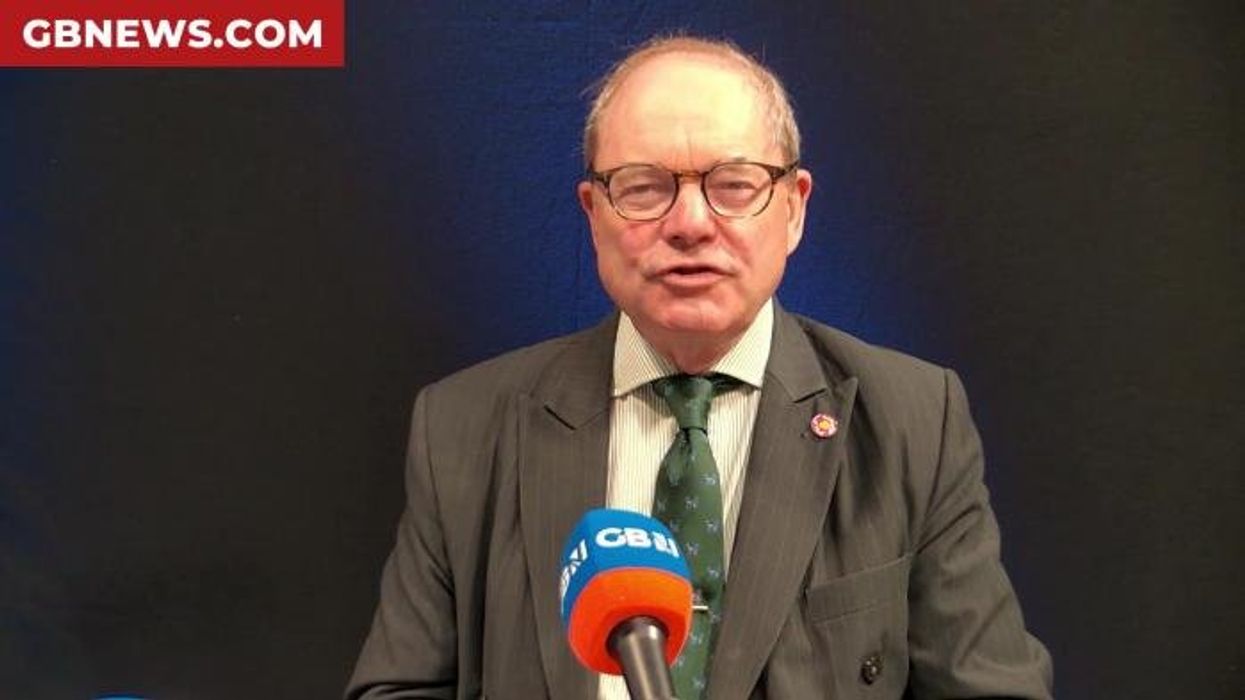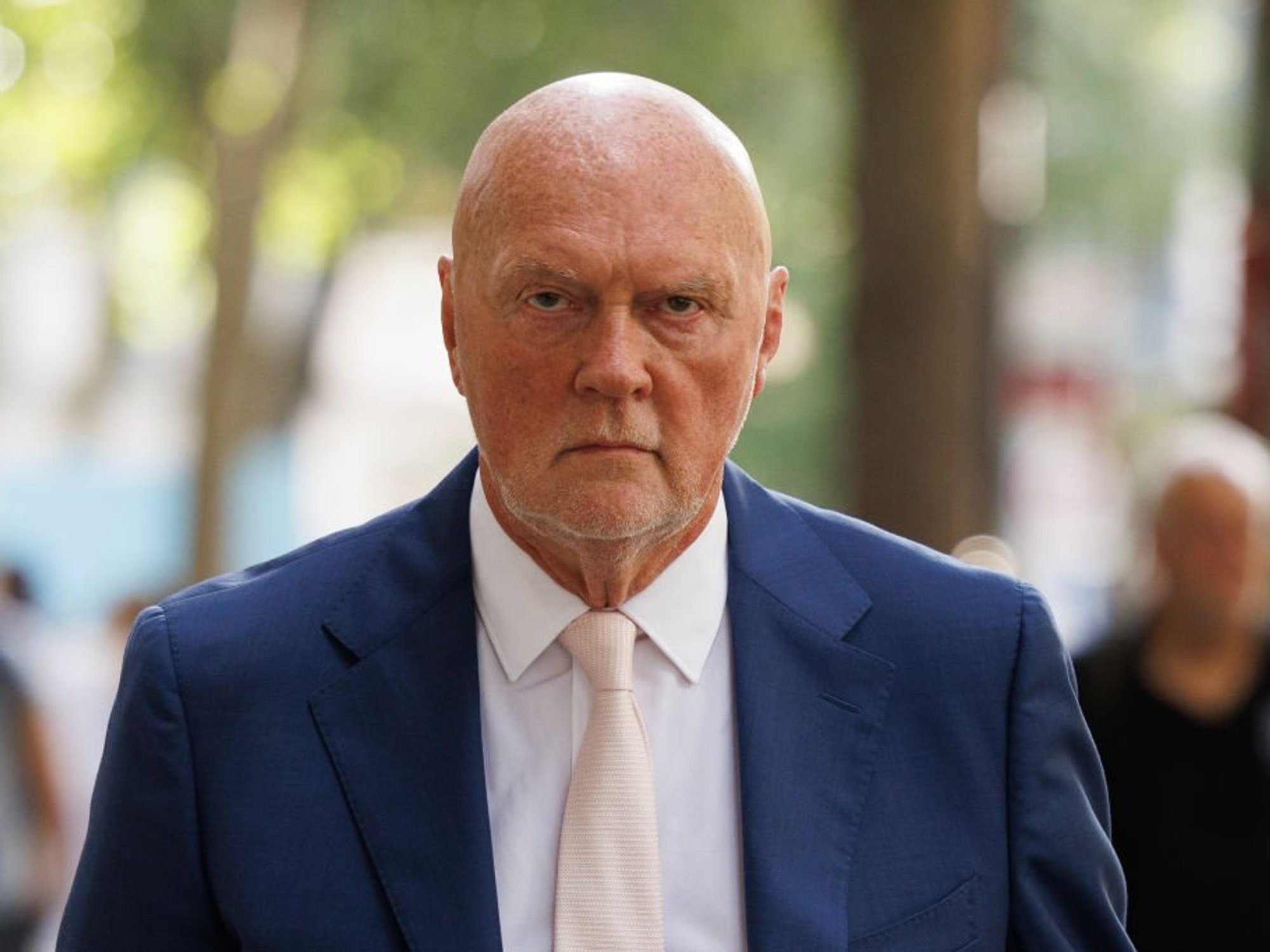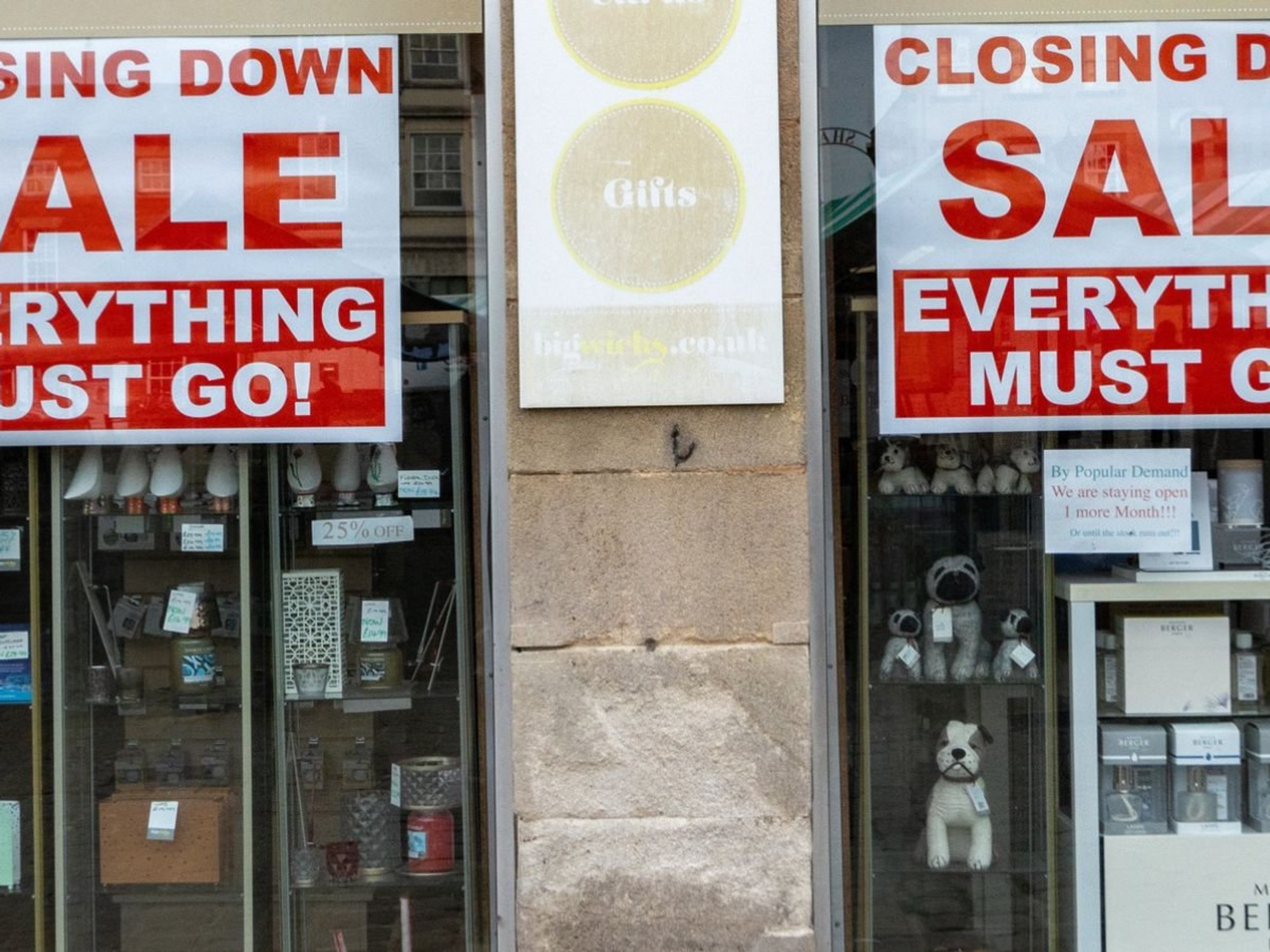Rachel Reeves blames Brexit for sluggish UK economy ahead of Budget 2025

Britain voted to leave the European Union in 2016
Don't Miss
Most Read
Latest
Chancellor Rachel Reeves has blamed the economic impact of Brexit on the UK's sluggish gross domestic product (GDP) growth rate.
Ms Reeves delivered pointed remarks about Britain's exit from the European Union during a weekend gathering of the International Monetary Fund's (IMF) key economic committee.
Speaking to global finance ministers at the IMF meeting, the Chancellor emphasised that the UK's democratic decision to leave the political and economic bloc has created lasting economic effects on the economy.
This latest intervention from Ms Reeves comes as she prepares to deliver her forthcoming Budget on November 26, with many economists predicting tax rises will be introduced.
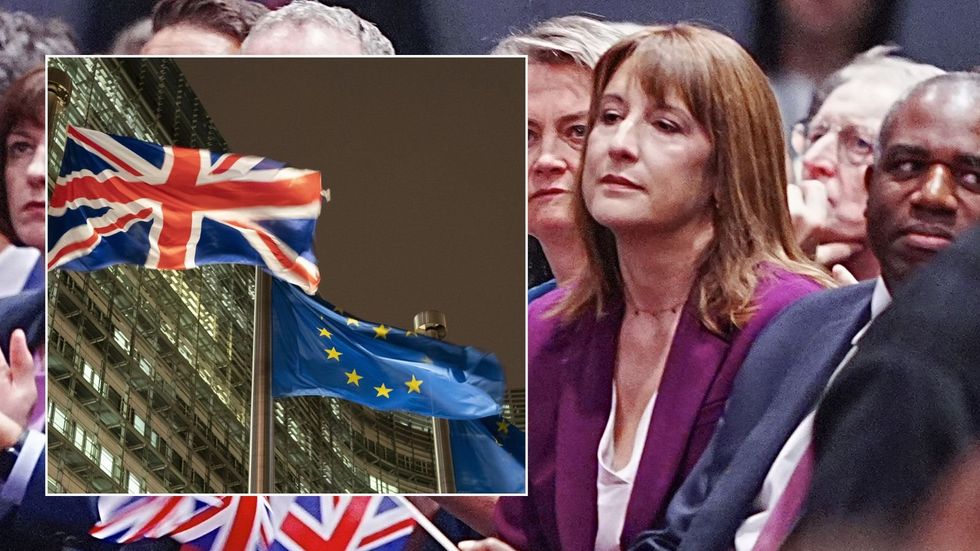
The Chancellor has blamed Brexit for being partially responsible for the state of the economy
|GETTY / PA
Specifically, she pointed to official projections showing Britain's economy faces a permanent four per ecnt reduction in output compared to remaining within the EU.
The Chancellor drew from analysis by the Office for Budget Responsibility (OBR) to underscore the scale of economic damage, directly linking Brexit to Britain's ongoing productivity struggles.
"The UK's productivity challenge has been compounded by the way in which the UK left the European Union," she told the international committee.
Despite acknowledging these economic setbacks, the Chancellor signalled that Britain accepts the current reality whilst working to forge improved commercial partnerships.
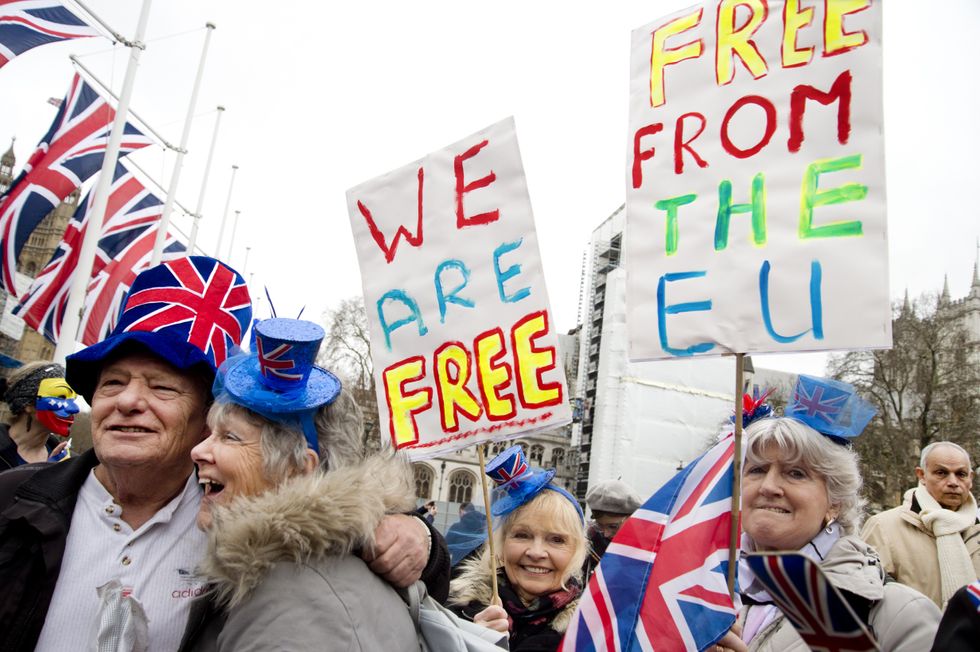 Pro-Brexit campaigners celebrate Brexit day | GETTY
Pro-Brexit campaigners celebrate Brexit day | GETTYFurthermore, Ms Reeves indicated the Government "acknowledges this" situation as it pursues enhanced trading arrangements with international partners.
Her comments mirror similar sentiments echoed by Bank of England governor Andrew Bailey during the G30 40th annual International Banking Seminar.
While speaking at the event in Washington DC, Mr Bailey cited a decline in the UK’s potential growth rate from 2.5 per cent to 1.5 per cent over the past 15 years. He linked this to lower productivity growth, an ageing population and trade restriction, including post-Brexit economic policies.
"For nearly a decade, I have been very careful to say that I take no position per se on Brexit, which was a decision by the people of the UK, and it is our job as public officials to implement it," Mr Bailey said.
"But, I quite often get asked a second question: what’s the impact on economic growth? And as a public official, I have to answer that question.
"And the answer is that for the foreseeable future it is negative. But over the longer term, there will be – because trade adjusts – some at least partial rebalancing,” Mr Bailey added.
Referencing the works of 18th-century economist and philosopher Adam Smith, he continued: "Why do I give that answer? Because that’s the Smithian growth model: making an economy less open restricts growth over the long term.
"Longer term, you will get some adjustment. Trade does adjust, it does rebuild. And all the evidence we have from the UK is that is exactly what is happening."
LATEST DEVELOPMENTS:
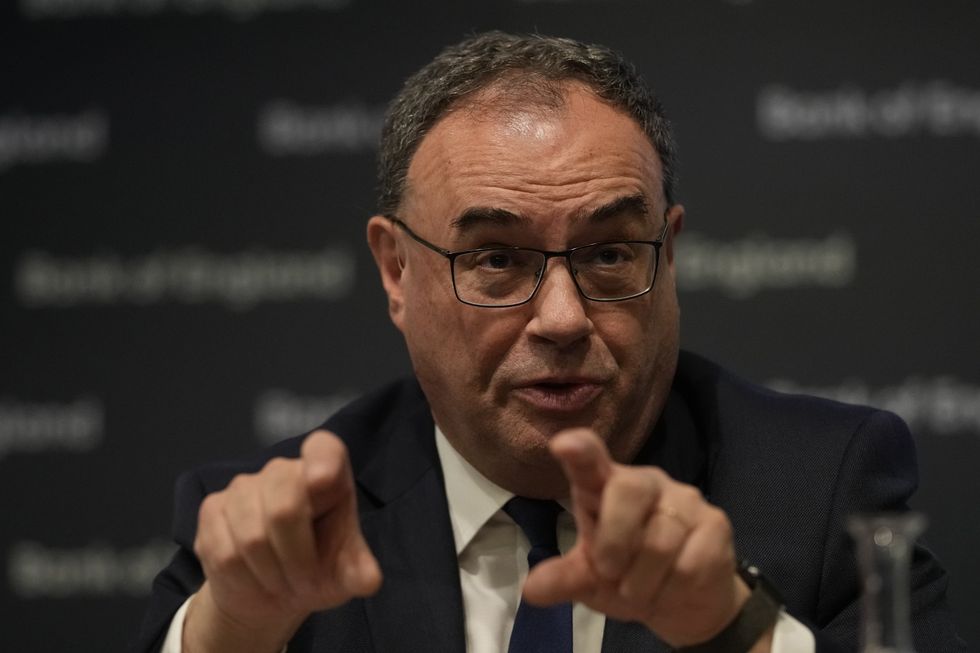
Bank of England Governor Andrew Bailey warns the UK is 'not out of the woods' regarding inflation
| Getty ImagesAccording to Mr Bailey, investment in innovation and new technologies, including AI, may help address the decline in productivity growth in the long run.
"If we take account of the impact of ageing and trade restrictions, we’re really putting our chips on investment,” he explained.
"We’re putting our chips on general-purpose technology, and AI looks like the next general-purpose technology, so we need to work with it. We need to ensure that it develops appropriately and well."
The Office for National Statistics (ONS) revealed GDP rose by 0.1 per cent month-on-month in August and fell by 0.1 per cent in July, in a revision to the previous estimate for no growth. In the three months to August, GDP grew by 0.3 per cent compared with 0.2 per cent growth in the three months to July.


